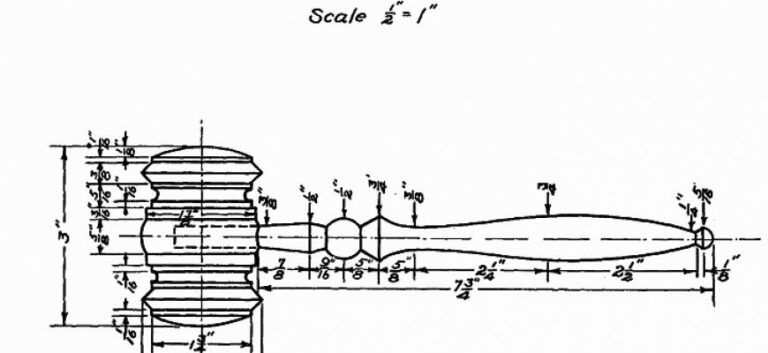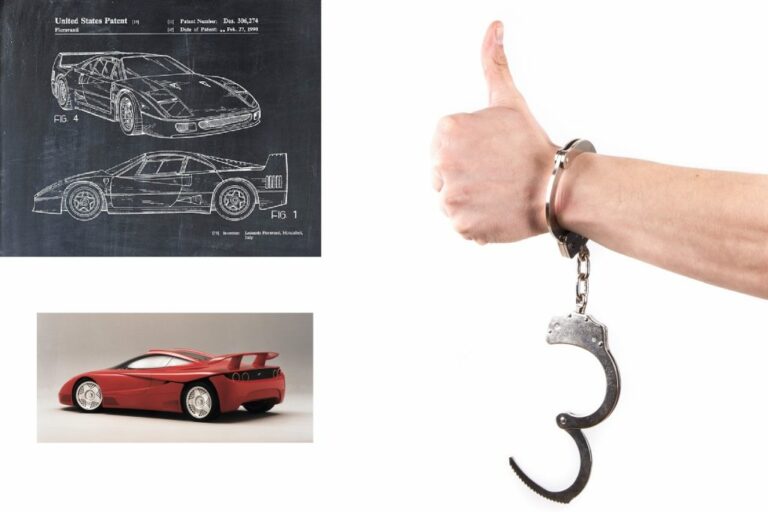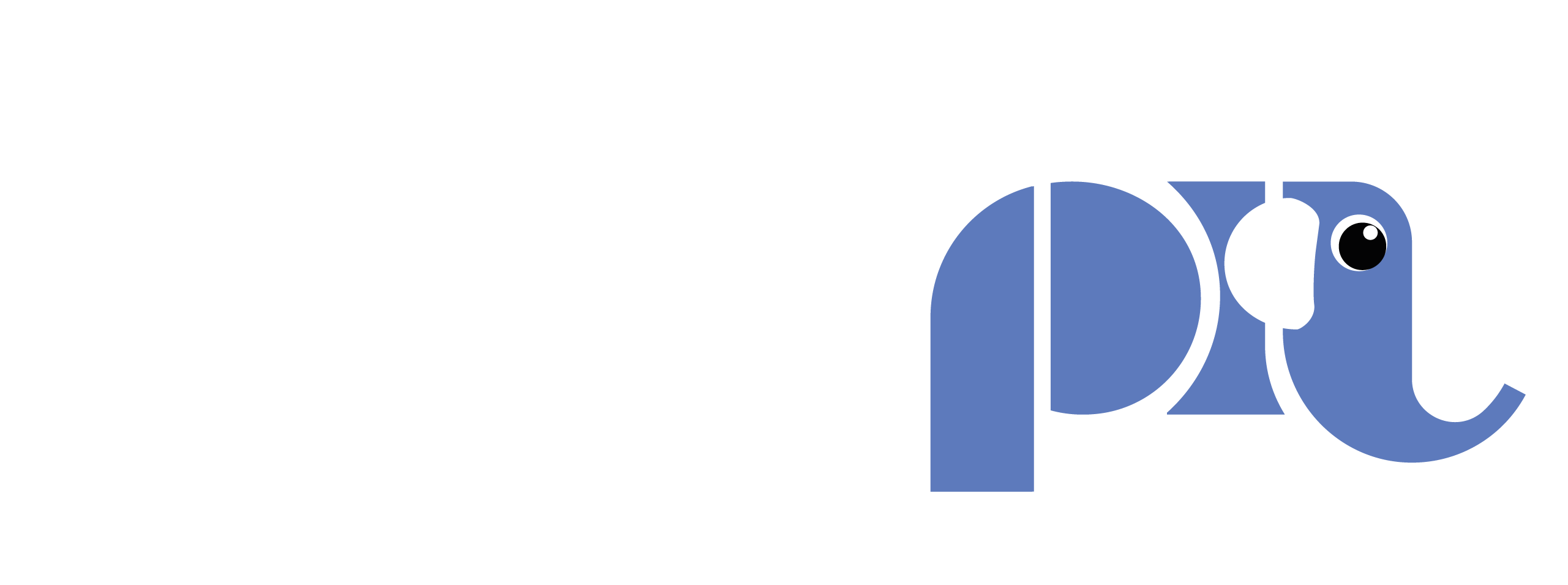registered design
Gives its owner a monopoly on commercial exploitation of the invention
What is a registered design?
A registered design is a proprietary right on a new or original industrial product design.
As of July 26, 2018, the new design law came into force and it allows the creator of a new
industrial design in Israel to receive intellectual property rights even without registering
an industrial design with the Patent Authority, but for a period of only 3 years from the time the design is published.
Until the middle of 2018, in order to preserve property rights to a design,
it was necessary to submit an application for a sample (the old name for a registered design),
under the Patents and Designs Ordinance 1926, which states that a sample can be registered for
any object or industrial product that has a shape, design or decoration that stands out to the
eye and that is new or Original and not sold, marketed or published in Israel before the application submission date.
It is not possible to register a sample or design for a product design that is dictated solely by
functional considerations, since the “protection” of the way the product functions or its use is
granted within the framework of patent law.
You can also register a set of objects – while a request for a sample must include an object
Only one, a system includes a group of objects with a character similar, which are usually sold
together or intended for use together When they all carry the same design model.
Examples of designs on objects for registration of a sample or registered design:
In the case where “protection” of a set of objects is required, it is allowed to include more than one object in one application.
According to the decree, the duration of protection for a registered design is up to 15 years from
the date of submission of the application, subject to payment of renewal fees.
According to the new law, the protection period will be extended to 25 years and in the interim period
(November 2017 to May 2018) until the law comes into effect, it will be possible to extend the protection
to 18 years for a valid sample.
The conditions for the registration of a sample:
The provisions of Section 30(1) of the Patents and Designs Ordinance state as follows:
“If a person submits an application in the prescribed form and form and claims in it
that he is the owner of a new or original design that has not previously been published in Israel,
the registrar can register the design” provided that he meets the requirements of the ordinance and regulations.
That is, the object for which the registration is requested must be:
New – a sample will be registered in the register of samples if it has a shape,
design or decoration that was not recognized in Israel before the application for registration was submitted.
Original – refers to the way of applying known elements in a different way from
what was previously known in the same field (for example: registration of a sample for the design of
a stand for a mobile phone that looks like a miniaturized armchair).
Not to be published in Israel before – a sample will not be able to be registered in the register of
samples if it was published in Israel before it was submitted for registration, even if it was published by its owner.
The meaning of previous publication is when the sample was accessible to members of the public or was presented
to members of the public, who were not obligated to keep it secret.
The publication of a sample on a website to which there is free access from Israel
can be considered as publication made in Israel.
According to the new law, copying an industrial design and commercial use of it is a criminal offense!
Also, the law allows goods to be delayed at customs on the grounds of copying the design. Another change
in the new law is the possibility to receive compensation for copying up to NIS 100,000 even without
proving that damage was caused by the copying.
Territorial right – the owner of the registered sample is granted exclusive rights to use the sample
only in the country where it is registered and the sample certificate given to the owner indicates these rights.
In case of violation of his rights, the owner of the sample may sue the infringer to prevent him from any activity
of a commercial nature (such as: production, use, sale or advertising) in a product with a design similar or identical
to the design of the object for which the sample is registered.
Preliminary judgment:
In accordance with the Paris Convention, to which Israel is a signatory, an applicant who has submitted
an application for the registration of a design in a country that is a signatory to the Convention,
can demand a priority date with respect to that design in other countries that are signatories to the Convention
(“preemptive right”), so that the date that determines for the purpose of checking novelty or originality will be
the date of the first application. In order to benefit from the priority date, the sample application must be submitted
in the country that is a signatory to the convention within six months of the date on which the earlier application
was submitted and a priority document must be attached to the request.
Premiere document:
If an applicant for a sample in Israel wishes to register the sample in other countries that are signatories to
the Paris Convention, he must submit the applications in the various countries with a priority document
regarding the application submitted in Israel.
Sample cancellation request:
In accordance with Section 36 of the Samples Ordinance, any person may request the cancellation of a
registered sample on the grounds that the sample was not new in Israel prior to the date of its submission.
An important summary of the sample department’s meeting with the public from June 22, 2016 – to read click here
The old ordinance will remain in force with respect to an industrial design registered before the coming into force of the Designs Act. More information about the new law.
About designs in IL
Some highlights in filing Israeli design applications
Israel’s designs are presently defined and ruled by the design ordinance and regulation of 1925 and 1926.
The only official versions are in Hebrew.
However, the new Israel Design Law, which has been in the making for at least five years,
was ratified in July 2017 and will be in effect from July 26th 2018. In the meantime,
designs filed until the new Law goes into effect will be subject to the Ordinance until their expiry.
According to the unoffical version published by WIPO, a design under the Ordinance is the features of shape,
configuration, pattern or ornament applied to any article by any industrial process or means…
which in the finished article appeal to, and are judged solely by, the eye…
According to Section 72 of the Ordinance at least fifty articles should be manufactured or at
least planned in order for the article to be considered as made by an industrial process or means.
Classification of Israeli designs is determined by the Locarno Classification (LOC).
Online search of Israeli designs is now available at the Israeli Patent Office,
http://designsearch.justice.gov.il/
The new Design law borrows many features from foreign jurisdictions,
in particular from the EU Directive 98/71/EC of the European Parliament and the Council:
- Unregistered designs will enjoy a 3 year period of local market exclusivity,
as opposed to no exclusivity existing beforehand - Registration will expire in 25-26 years instead of the current 15 years.
In the interim period between November 2017 and July 2018 designs still in effect may
have their life extended for another 3 years upon request. - Willful infringement is a criminal offence
- Counterfeit goods may be held by customs
- Compensation may be awarded without need to prove damage
The new Israeli design Law should allow Israel designs to join the Hague Design System, some time before 2020.
For more about the new Israel Design Law read here.
Apply for a patent
Contact us and get details and professional advice






